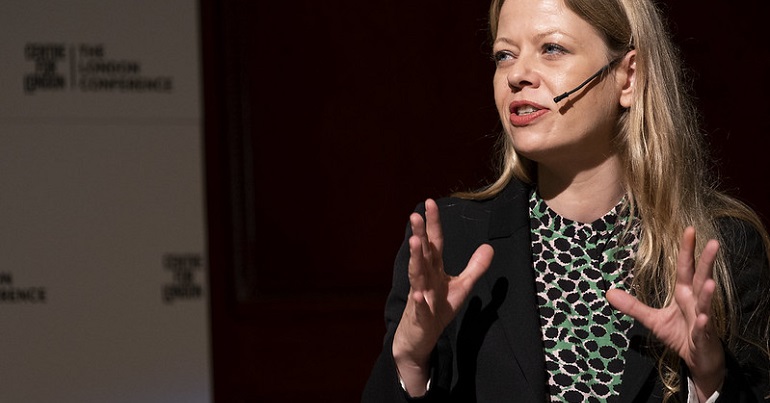Are working class people just nicer?
Much bemused wryness in lefty workplaces across the land as an article in The Guardian goes slightly viral by reporting that people who buy ethical products are more likely to cheat or steal.
The authors of the study construct a highly speculative model of “moral balancing,” postulating that having made one ethical decision we feel licensed to make an unethical one.
But of course the authors cannot isolate the recent experience of having selected an organic product from all the other factors that determine whether we’ll cheat. The kind of person we are before the experiment starts determines both whether we are likely to respond positively to the availability of organic products, and whether we’ll cheat.
What kind of people are likely to have built a positive and familiar association with ethical products? It seems no great leap to suggest that it is the people who routinely buy them in everyday life. And what kind of people are they? The middle and upper class.
So does this study show that working-class people are just nicer people than the well-off?


The figures on support for aid show higher support among the working classes than middle classes, but highest among professionals.. What does that say?
I haven’t seen the study, so I can’t comment on the specifics. But it does remind me of when I used to work as a street fundraiser (chugger). When lots of people are passing you in the street, you get very good at learning who is most likely to stop and sign up to give money. The simple answers are a) working class mothers b) black people and c) students.
Similarly, all of the statistics I’ve seen (though I don’t remember the study, so take this with a pinch of salt) show that working class people give a greater proportion of their income to charity.
I did read the research and as you say it’s not great. However, they didn’t randomly assign particiapnts to be green vs non-green shoppers, rather they gave them green vs non-green shops to use – the ‘green’ shops had 66% ethical products, the non-green shops 33%. So all participants had teh option to choose ethical products.
You’re right that the experiment did not assess social background directly but my postulate is that given no price difference, the only real reason to choose non-ethical products is a lack of positive association (i.e. unfamiliarity or a belief that they are lower quality) – this would be seen in people who do not normally buy ethical products, whereas those that do normally buy them would prefer them in the experiment.
So I’m arguing that even though no questions about social background were asked, the very act of a participant choosing ethical products gives you information as to their likely social class.
The guardian’s science reporting is an absolutely shitemare. Either the reporter hasn’t read the original study, they don’t understand how random sampling works, or they’re deliberately misrepresenting the whole thing to make some prawn-sandwich point. (probably a combination of all 3).
The actual research [http://tinyurl.com/yfzsymm] used 90 odd student volunteers. They were randomly assigned as either “green” or “normal” shoppers for the course of the experiment. Thus it says nothing at all about social background. But the guardian knows its readers will be more interested if it spins it through the the lens of class.
That said done it’s a pretty poor piece of research in the first place. There is no calculation of the probability of such a result occurring by chance, nor theoretical explanation for why the randomly assigned “green shoppers” were more successful at spacial awareness tasks and won more money. Although the moral dimension is interesting, I think this is even more important.